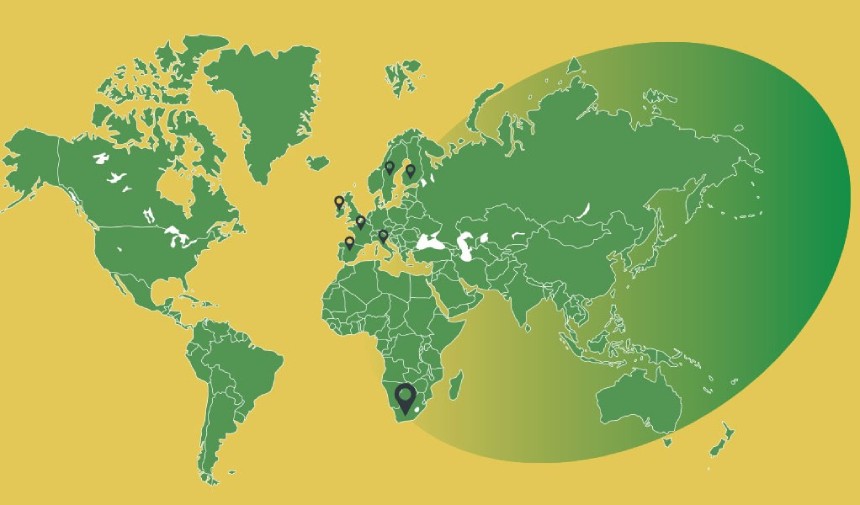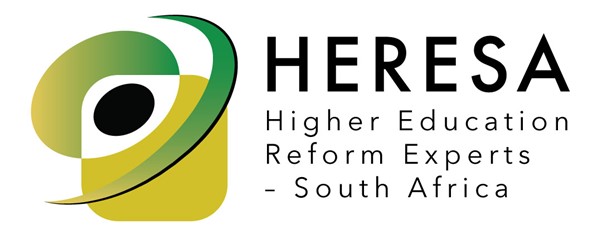An Erasmus+ Capacity Building for Higher Education (CBHE) Project was awarded to the Technological Higher Education Network South Africa (THENSA) and OBREAL Global in 2020.
This project is aimed at developing a network of Higher Education Reform Experts in South Africa, inspired by the important practice of the Higher Education Reform Experts (HERE) in the European Union neighbourhood region (funded by the European Commission), which have been influencing policy change in their respective countries for approximately a decade.




